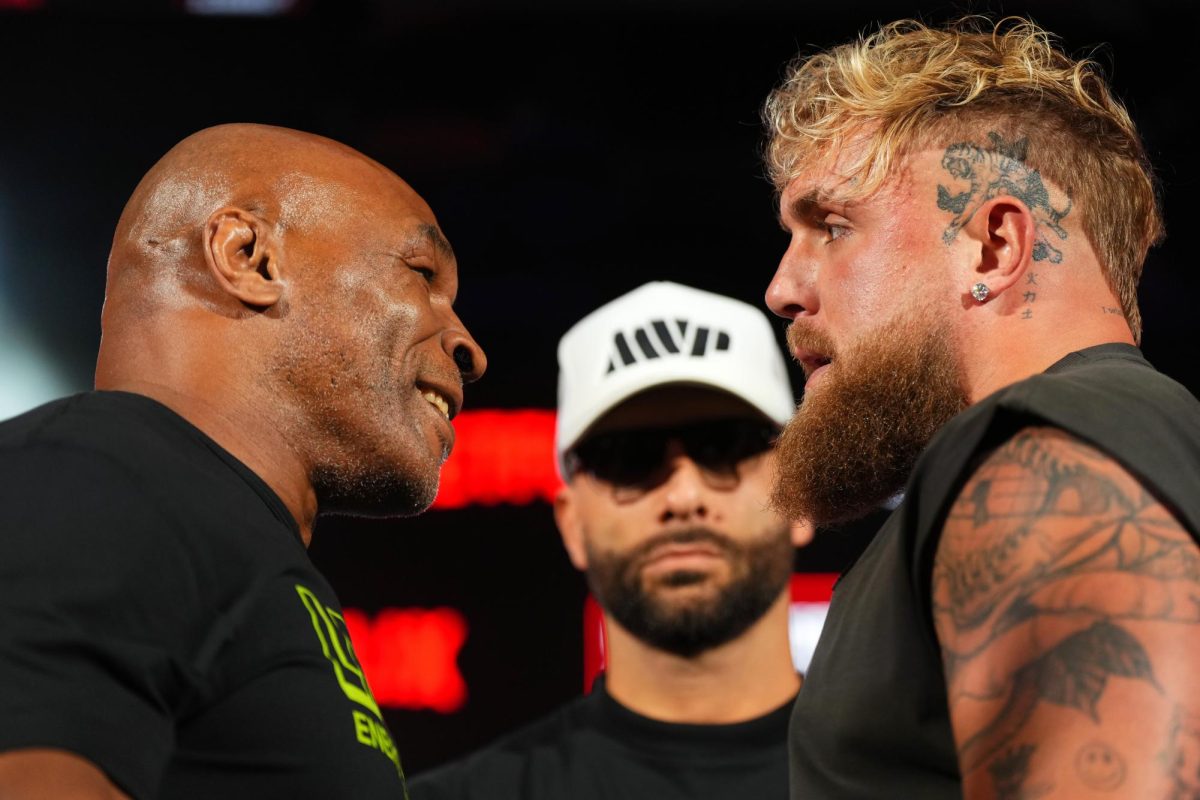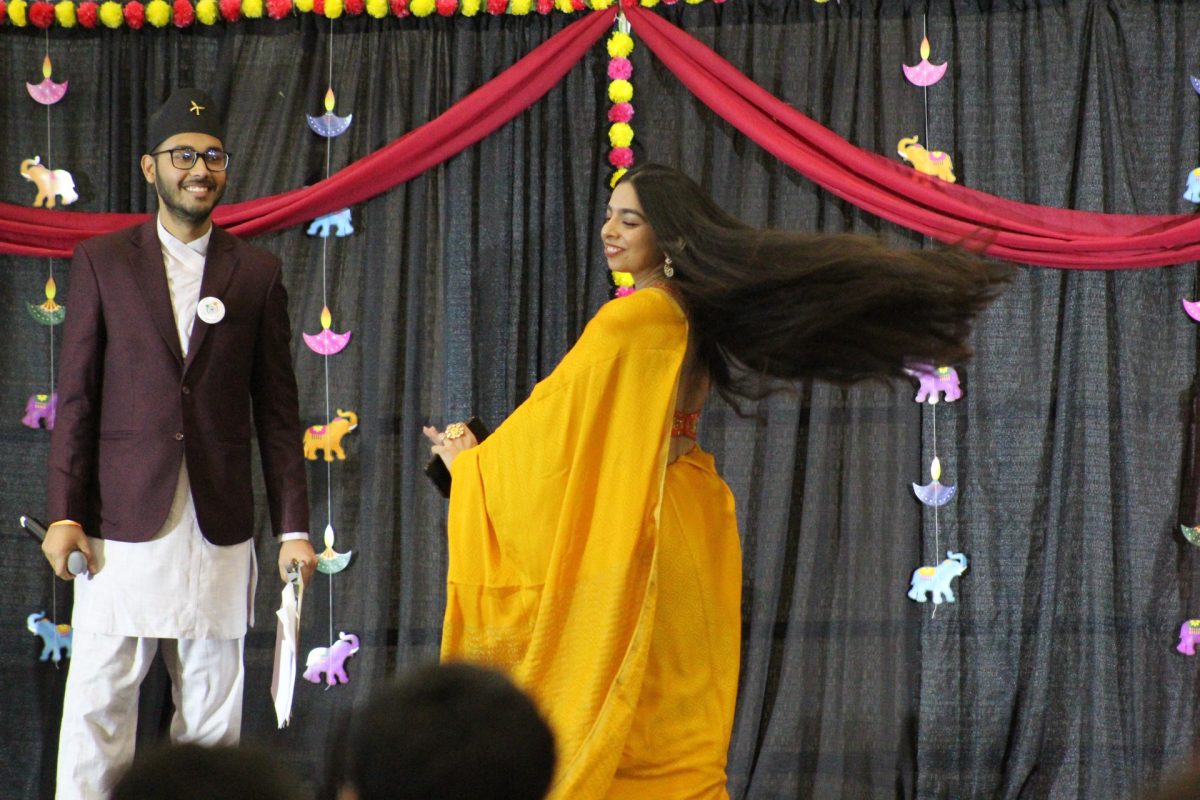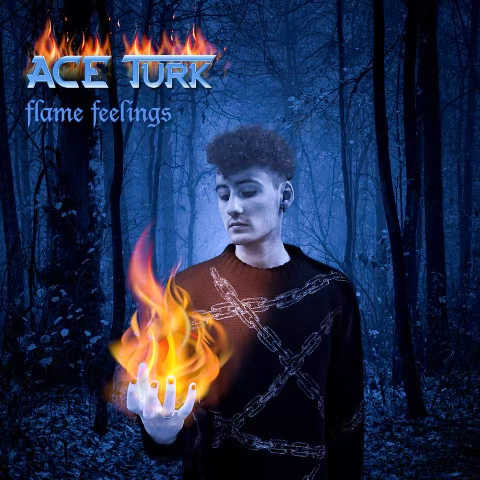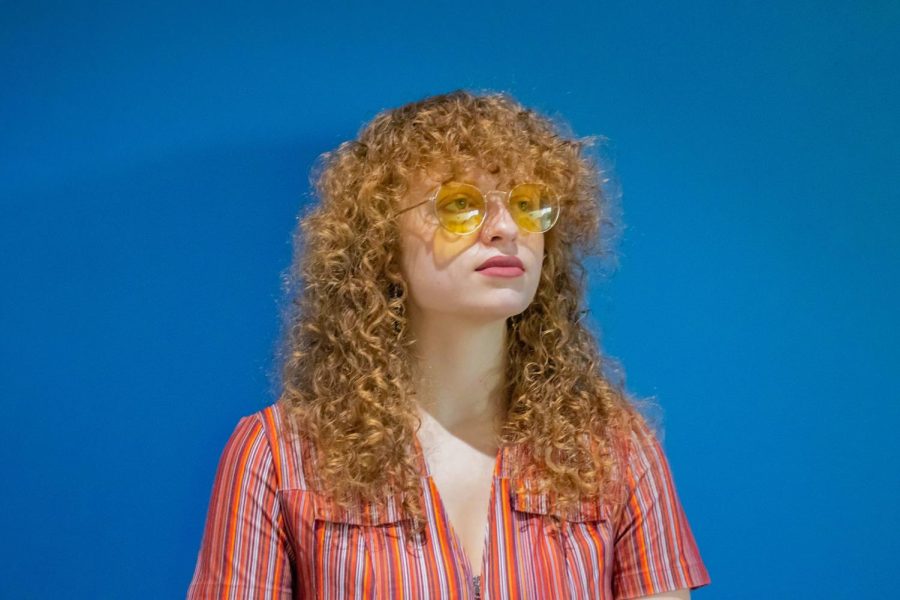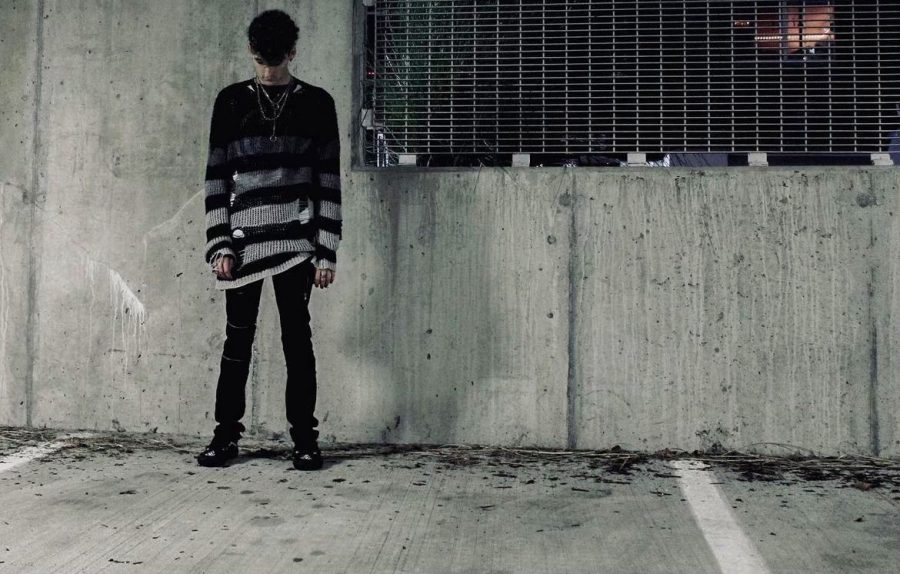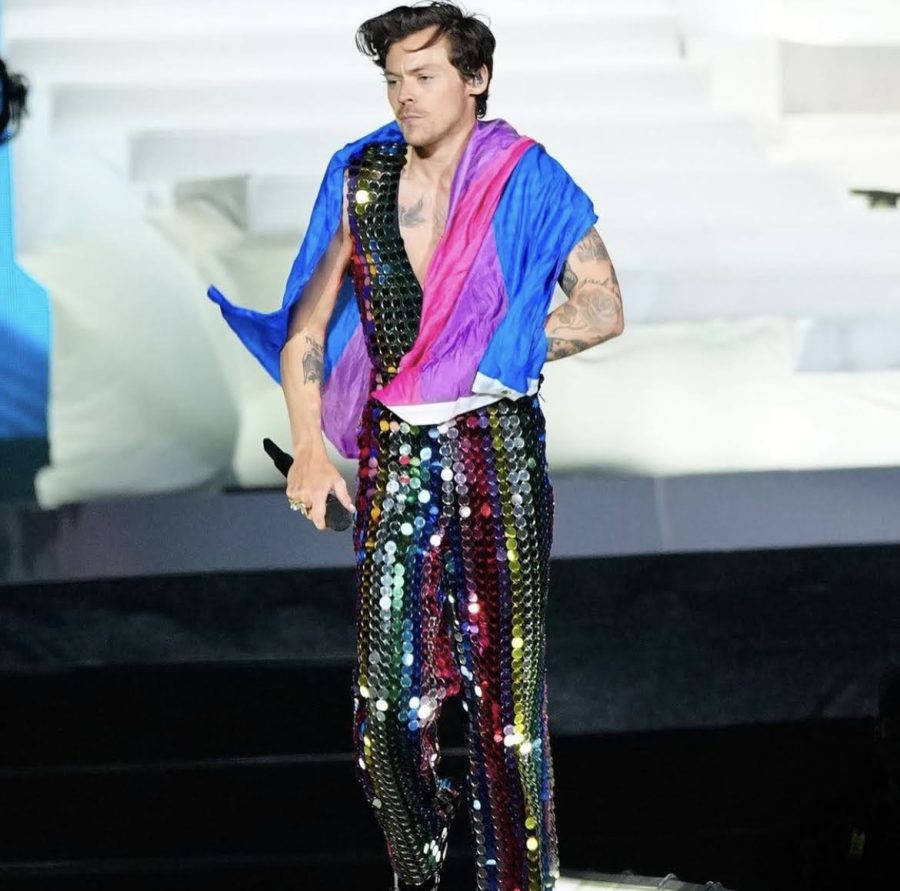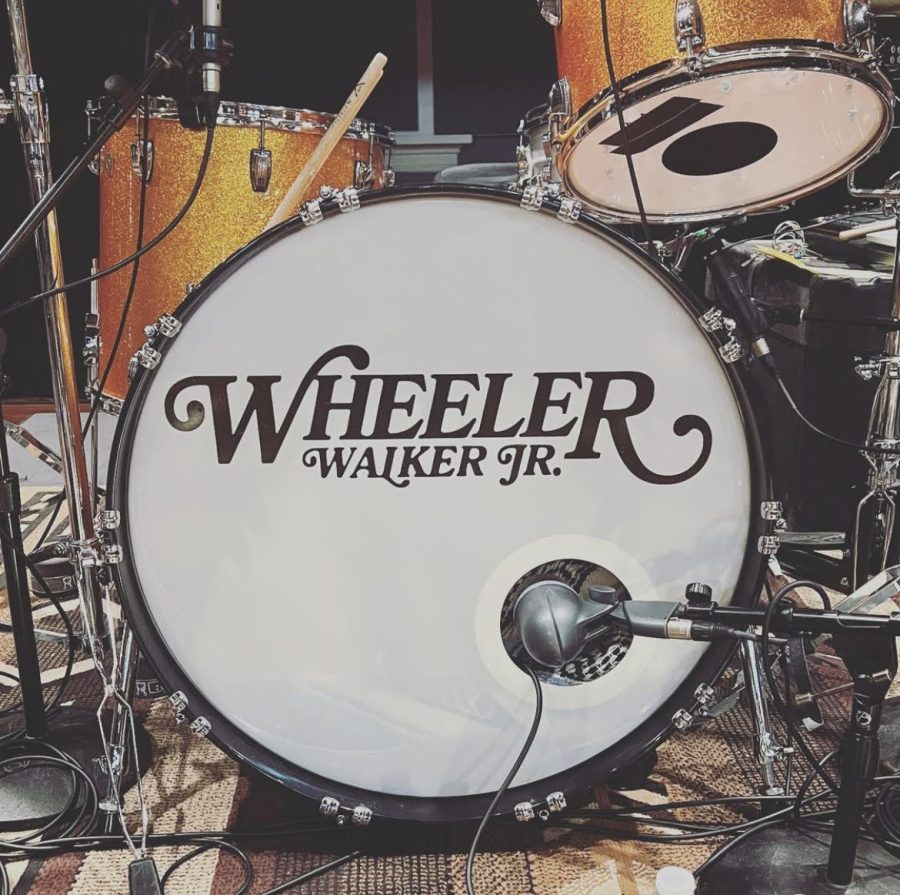I have to say that when I arrived early at The Space last Monday night I wasn’t expecting to hear a fan waiting outside say, “Kishi Bashi is the voice of our generation.”
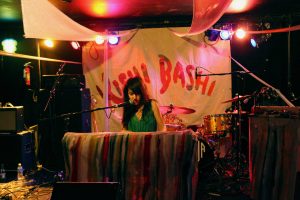
I had obviously listened to his music before the show and done some research, and I really enjoyed what I heard, but I never knew his following was so extensive. The audience age group ranged from eight ear-old girls to forty year-old fathers with everything from Fresh Prince of Bell Air look-a-likes, to groups of teen girls with spray tans, in between. I could not wrap my head around the dynamic of the people here to see a performer I knew little about. When I heard him live however, I heard his music come to life. He had a way about him that took the sounds and performance styles of Bon Iver and the Beatle’s and brought them together into one amazingly unique show.
Bashi’s most popular song, “Bright Whites,” brought the crowd alive. When the song started the stage was suddenly brought to a whole new extreme. His banjo player (yes, there was a banjo on stage), suddenly flicked a switch where his banjo started flashing different colors as he played. A violinist playing quicker than anyone in a professional orchestra could, create a base line for Bashi’s unique lyrics and I suddenly saw what all of the hype was about. This man was not just a performer, he was a musician that took risks with his music, and it paid off. This song was like if The Lumineers, Bob Marley, and the Zac Brown Band met for dinner and started playing around. It took the highest points of a Pop, Reggae, and Country song, and merged them into one hectic piece of music.
Before Kishi Bashi’s amazingly full and chaotic set, a band called Elizabeth and The Catapult played a calm and reflective one that made me fall in love with their music. I was originally supposed to have an interview with Bashi, but due to the large turnout and Meet & Greet line, that was unable to happen. I have never seen fans attack an artist when they finish their set like I did here, and I have been to A LOT of concerts. I didn’t want to leave without an interview though, and I knew that Elizabeth from the opening band would be an amazing artist to find out more about. Her lyrics made her seem so ominous, like she had been through so much, and I wanted to pick her brain as far as her career went.
I didn’t think that I would be able to just approach her and start asking questions, but that’s actually what happened. We began talking about her favorite song and why she wrote it and before I knew it we were in the middle of an interview.
“My newest album is basically a label break-up album,” said Elizabeth, “my label dropped me because they said, and I quote ‘you don’t write enough happy pop songs,’ so I guess the song that means the most to me is ‘Happy Pop,’ because I literally wrote a song titled with what they wanted, but meaning something completely different.”
I found this whole rebel heir she exuded to be so refreshing. She believed in herself as an artist enough to leave a label and still not conform to what they wanted.
I asked for her biggest influence both musically and personally, even though most artists answer an artist they sound like and their mom, Elizabeth strayed from the norm with her response,
“My biggest influence musically is David Byrne from the Talking Heads. He has such an orchestral approach, like Kishi Bashi, and he’s an amazing songwriter that can still get down with the music,” she said, “Personally though, don’t worry I won’t say my mom, but Woody Allen. He is such a comedian and from New York, like me. He makes such psychological comedies and I consider myself a JewBu (a Jewish Buddhist) so I get a lot from his work.”
This quickly turned from an interview, to an enlightening conversation about psychology and music and how they intertwine so much. I went from falling in love with her music, to looking up to her as an artist so much in just about an hour. She was so true to herself and she had fun on stage, with her best friend Laura singing back-up vocals. You could tell that she called the shots for her career and that is so admirable.
My favorite song by far was “Thank You For Nothing,” this was the song she opened up with and the lyrics touched me so much. You could feel the hurt and pain, and it was such a different approach to an angry song. The band stepped off of the stage for this song and it was just Elizabeth and the piano. She says,
“Thank you for everything, thank you for nothing my brother, there’s no in between, never one without the other,”
This line in itself can make you question whether you see the glass half full or empty and that is a mind set that can affect everything.
Anne Hathaway listened to this song in an earpiece during the scene in Les Miserable where they actually cut off all of her real hair for the on-screen production.
I now have a favorite artist and I would say that if you don’t know of her and her music yet, you need to listen as soon as you can. Elizabeth is redefining music in her own way; combining the sounds of Alanis Morissette, Dido and Feist in a unique and indescribable form.




